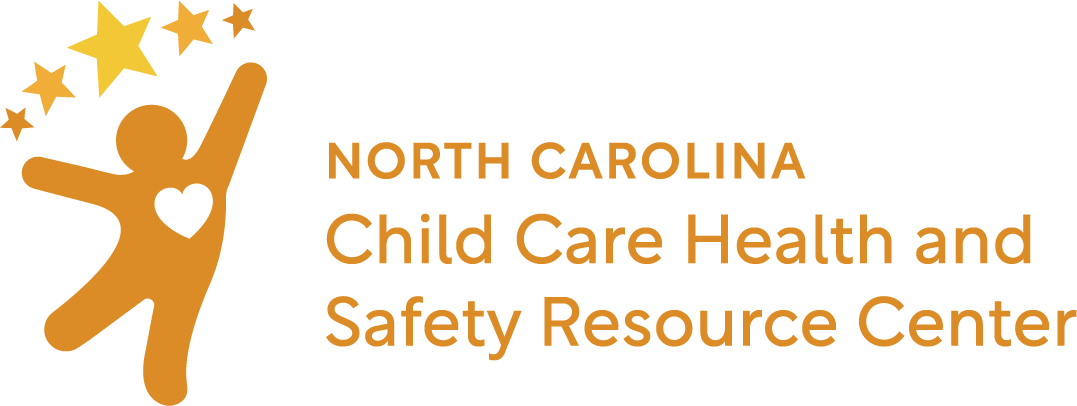The NC Department of Health and Human Services, Division of Child Development and Early Education and Division of Public Health released the following today, March 20th:
Yesterday, North Carolina announced its first documented case of community spread, meaning the person infected did not have contact with someone who had tested positive or traveled to a highly impacted area. Confirmed community spread signals a need to further accelerate the next phase of the work.
North Carolina has already been taking actions as if community spread had occurred to get ahead of the virus. With the goal of flattening the curve, Governor Roy Cooper has taken aggressive actions by limiting large gatherings and closing restaurants and bars. The idea is to lessen the number of people who get sick at the same time and avoid overwhelming the state’s hospitals and health care system. As this next phase begins, North Carolina needs to continue to reduce the chances for further spread and exposure and protect our healthcare system, so it is there when needed.
North Carolina wants to reduce the chances that people will be exposed to the virus or expose others so other surveillance methods will begin to be deployed to understand the spread of the virus and drive the decision-making.
Protecting the state’s health care workforce and making sure they have the protective equipment they need is paramount. As licensed child care providers, the state needs you to be there for the children of the health care workforce, emergency responders, and others who are on the front line of this crisis.
The Division of Child Development and Early Education (DCDEE) knows this a challenging time and wants to be supportive by providing the most current and up-to-date guidance. NC DHHS recommends that child care facilities:
- Cancel or reduce large events and gatherings, such as assemblies and field trips.
- Limit inter-school interactions.
- Consider dismissals if staff or absenteeism impacts the ability to remain open. Short-term closures may also be necessary to facilitate public health investigation and/or cleaning if a case is diagnosed in a child or staff member.
- Follow the guidance for child care settings.
Child care settings should also:
- Take precautions to protect children and staff from the spread of respiratory illnesses.
- Review absenteeism policies and procedures to make sure children and staff are not being encouraged to attend or work if they are sick.
- Establish a relationship with the local health department and communicate with them if there are any questions or concerns about COVID-19.
- Remind staff and the children’s guardians that an annual flu shot is an important way to support overall health. While the flu shot does not protect against COVID-19, it is the best defense against the flu, which is a common respiratory illness.
- Make sure to get reliable information. Be thoughtful about any information received on the virus and take steps to separate rumor from fact before forwarding information on to staff and children. All North Carolinians can better prepare for COVID-19 by getting up-to-date information directly from reliable sources like NC DHHS and the Centers for Disease Control (CDC).
Finally, here are several resources to assist in the navigation of these challenging times.
- NC 2-1-1 by United Way of North Carolina is now available for people to call for assistance related to the COVID-19 coronavirus
- COVID-19 text information and updates are available. To sign up, text COVIDNC to 898211.
- The NC DHHS website publishes regular updates, including new guidance that is developed, information about Executive Orders, and other important information.
- The DCDEE website publishes regular updates, including new guidance specific to child care facilities, as well as provide parents and educators with COVID-19 virus guidance and home learning resources.
Thank you again for supporting North Carolina and its families by providing vital care and services.
